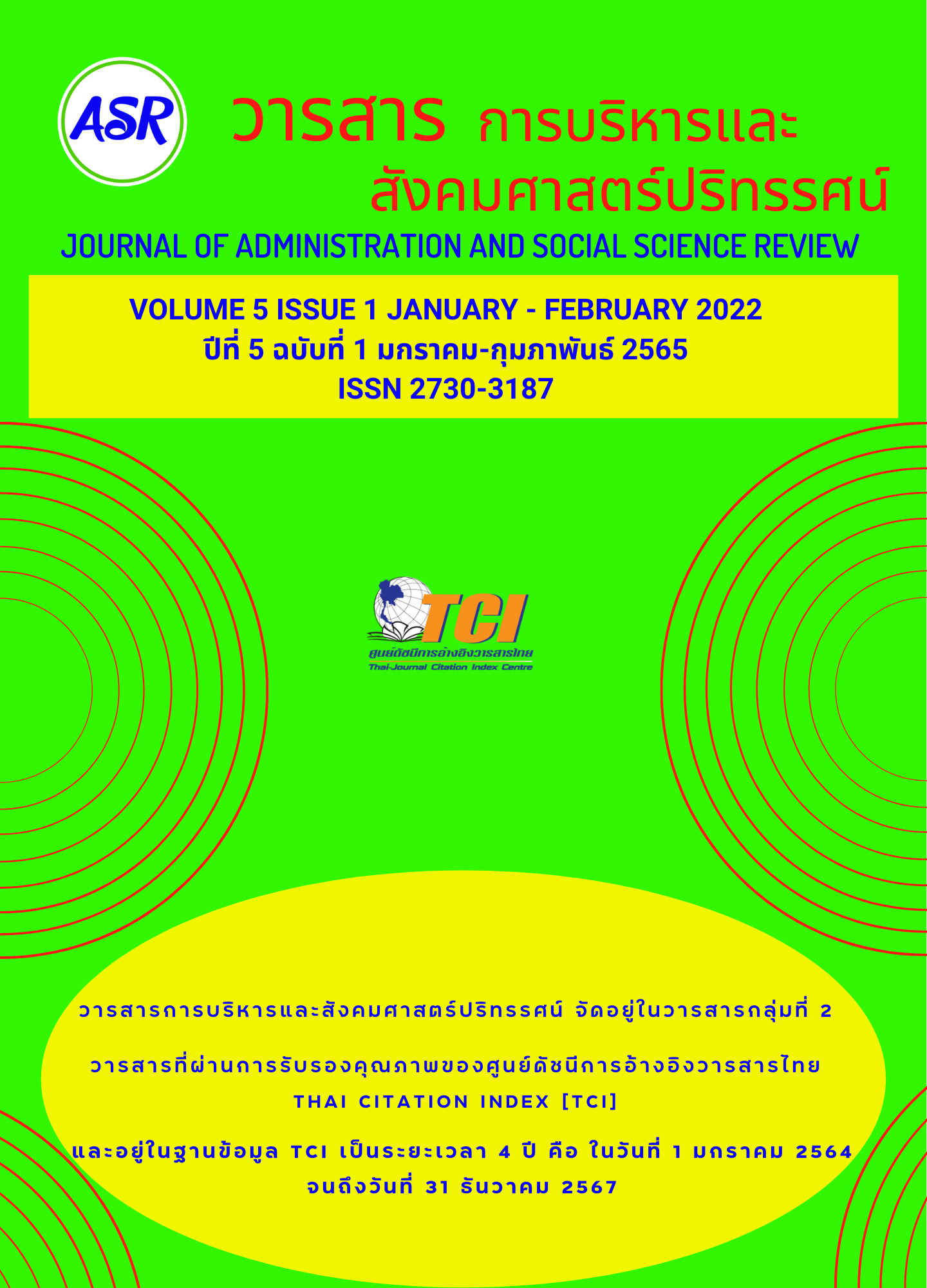Guidelines for Raising Children with Special Needs of Parents According to Theravada Buddhist Philosophy
-
Keywords:
Raising children, raising Children with special needs, Theravada Buddhist philosophyAbstract
The objectives of this research paper were: 1) to study the raising of children according to Theravada Buddhist philosophy; 2) to study the raising of children with special needs of parents; and 3) to analyze the guidelines for raising children according to Theravada Buddhist philosophy. The target group consisted of 15 families of parents raising children with autism and receiving services at the Rajanagarindra Institute of Child Development, Chiang Mai. A tool used to collect data was an in-depth interview and the data were analyzed by a descriptive method.
The results showed that:
- In raising children according to Theravada Buddhist philosophy, the parents studied and brought the Buddhist principles of three Sikkhās, four Brahmavihārās, four Saṅgahavatthus, four Gharāvāsadhammas, five Sīlas and six Disas into practice.
- In raising children with special needs, they took a parenting approach according to the handbook for raising children with developmental disabilities of the Rajanagarindra Institute of Child Development, Chiang Mai Province.
- As for guidelines for raising children with special needs according to Theravada Buddhist philosophy, the parents adopted the Buddhist teachings of three Sikkhās as Sīla, Samādhi and Paññā which covered all four aspects of physical development; they had disciplines of taking care of them attentively; in mental aspect they concentrated on parenting and gave love and attention to children; in emotional aspect they took care of them with fun and cheerful mood, and built confidence and emotional stability; and in social aspect they led them to meet relatives and Buddhism so that they learn to live with others happily.



